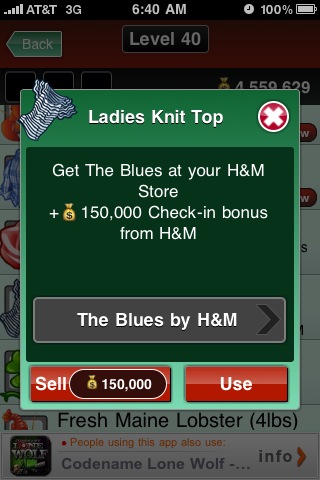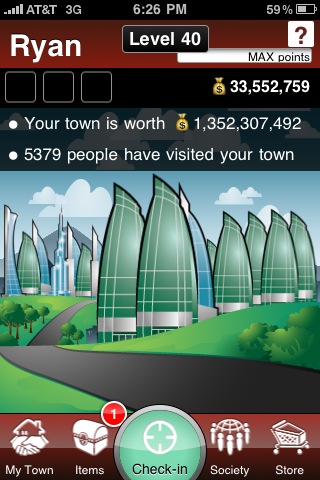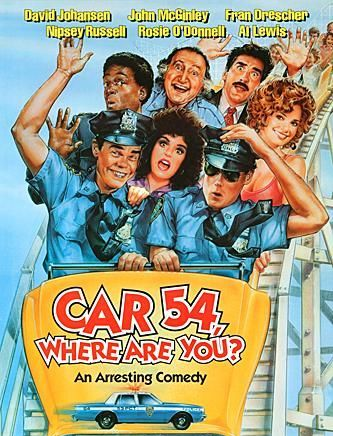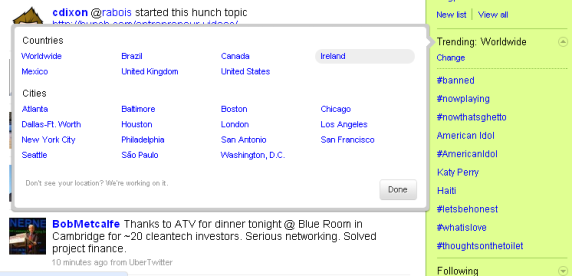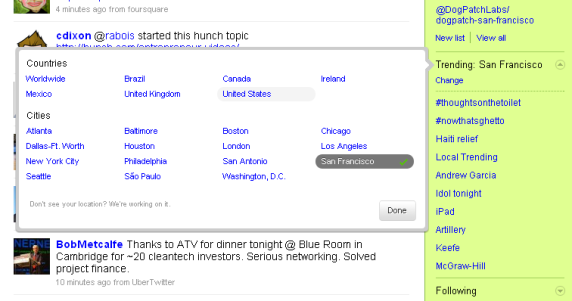SXSW 2010 was all about location. In fact, we could look back on 2010 as the year of location and geo... which would be a natural progression from 2009's mobile growth.
According to iTunes and its "What's Hot" category: the App Store is also all about location. While I do not know exactly how 'hotness' is defined, we know a couple things: - it seems to be a mix of curation + popularity - it is distinctly different from "new" apps and "top downloads" - it usually features a mix of free and paid apps... as it clearly behooves Apple to drive paid downloads - it usually features a mix of app types: games, sports, utilities, etc - for specific themes, Apple creates curated 'storefronts' (like "Baseball App Store Essentials" or "Independent Games Festivals") So it is unique that the six "hottest" apps are: Foursquare, Gowalla, Loopt, Whrrl, MyTown and Citysearch. All are free and location-based, check-in applications. In fact, only one of those applications (Booyah's MyTown) features in-app purchases; but while they are not direct revenue producers for Apple, these are all highly viral and sticky applications.
I would love to see another app category: "most active". Ultimately, I care far more about ongoing usage and adoption than the download. And ultimately, Apple should favor sticky, oft-used apps (like Pandora and Facebook... and these location apps) than those with very high churn. You can extrapolate usage through downloads and ratings... but that is flawed because 1) ratings are predominently negative due to Apple's implementation) and 2) we do not have great visibility into downloads. A barometer of activity - no matter how disguised it would be - would be powerful... and I imagine that, for the time being, these six apps would appear in that list:

I would love to see a


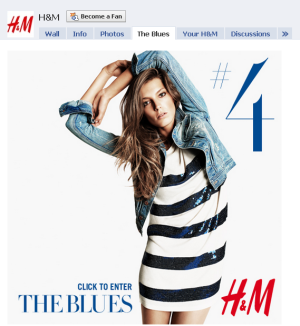
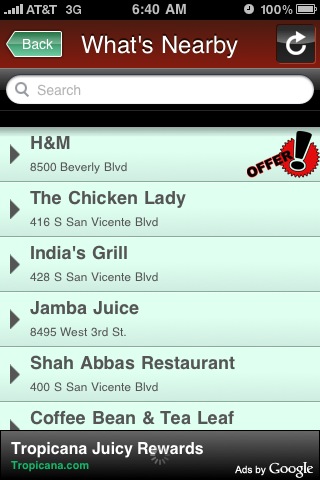 2. Once you check-in, you can get discounts and dynamic ads:
2. Once you check-in, you can get discounts and dynamic ads: